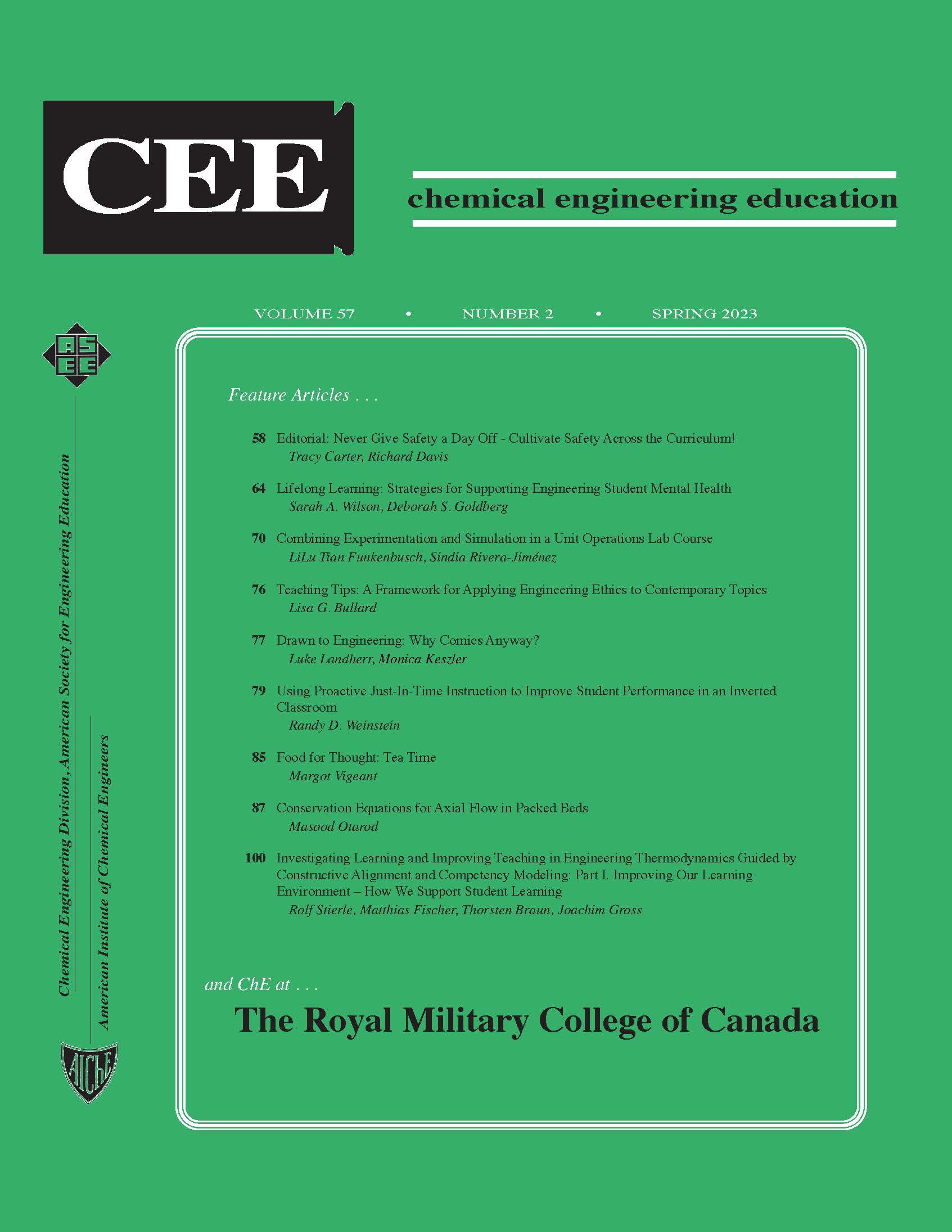Strategies for Supporting Engineering Student Mental Health
DOI:
https://doi.org/10.18260/2-1-370.660-132290Resumo
Engineering students face significant stressors such as high academic expectations and extreme time demands that have the potential to impact their mental health. Due to the mentoring responsibilities of chemical engineering faculty, faculty are often positioned to provide support for these students. Through this article, we aim to help prepare faculty to support student mental health, with guidance on identifying campus resources, navigating conversations with students in distress, and referring students to mental health services.


